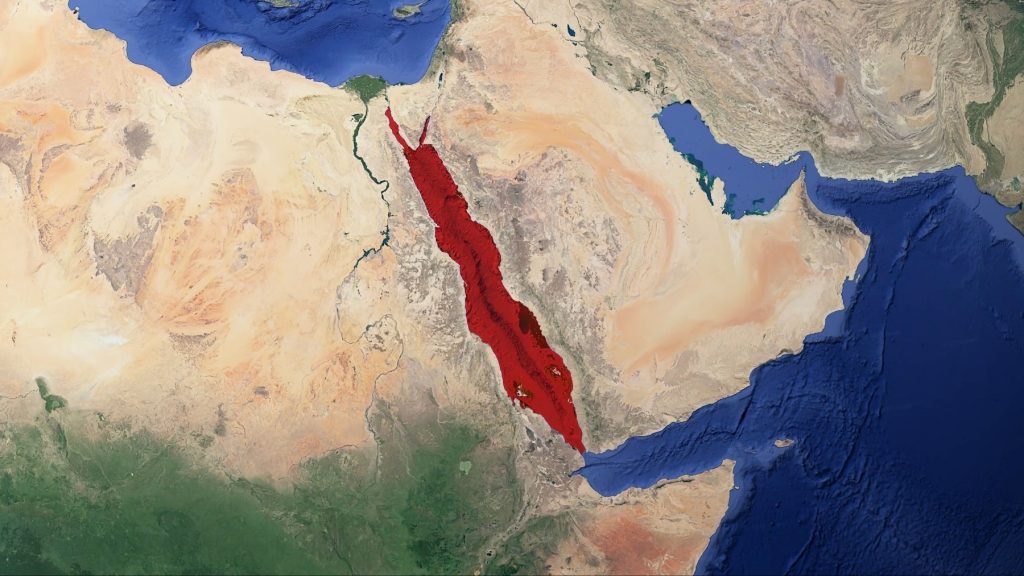
Off the coast of Yemen, the Yemeni Houthi group is allegedly responsible for the explosion of underwater cable attacks on communication lines in the Red Sea, a key channel connecting the Arabian Peninsula to Africa, according to Sky News.
According to sources cited by Sky News, this act resulted in damage to four submarine communication cables, with repairs potentially taking up to eight weeks. The damage, though severe, is reportedly not critical but poses significant risks to telecommunication between Europe and Asia.
The international telecommunications company SEACOM has acknowledged a malfunction in its infrastructure within the Red Sea, impacting its cable system that serves Africa, highlighting the vulnerability of vital submarine cables to potential Houthi attacks. The report stressed the strategic threat such attacks pose, capable of disrupting global communications and economic stability, stating, “the underwater communications network could be an ideal easy target for the next Houthi attack, and this possibility should concern all countries that depend on this vital infrastructure, both near and far.”
The recent focus on submarine cables marks another layer of escalation from the Houthi’s previous attacks on commercial shipping, which have already threatened maritime navigation in the Red Sea. The shift from surface attacks to targeting the depths where submarine cables lay indicates a sophisticated and calculated approach to challenge international communication infrastructure.
Adding to the concern, a report linked to the Houthis was published on a Telegram channel, showcasing a detailed map of the world’s submarine communication networks, including those in the Mediterranean Sea, the Red Sea, the Arabian Sea, and the Arabian Gulf. The report highlighted Yemen’s strategic location in relation to these vital internet lines, a clear demonstration to the country’s proximity to key global communication pathways.
The Bab-el-Mandeb Strait, a key maritime checkpoint, is now identified as one of the world’s most concentrated points for cable networks, bringing to light the tactical importance of the region, not only for maritime traffic but also for the global digital infrastructure. With over 95% of international data and communication flows, including an estimated $10 trillion in daily financial transactions, depending on these cables, the implications of such underwater cable attacks are consequential for the telecommunications industry.
The situation presents a complex challenge for global powers, notably China and the United States, who find themselves in a competitive race for control over these essential networks.
Inside Telecom provides you with an extensive list of content covering all aspects of the tech industry. Keep an eye on our Telecom sections to stay informed and up-to-date with our daily articles.